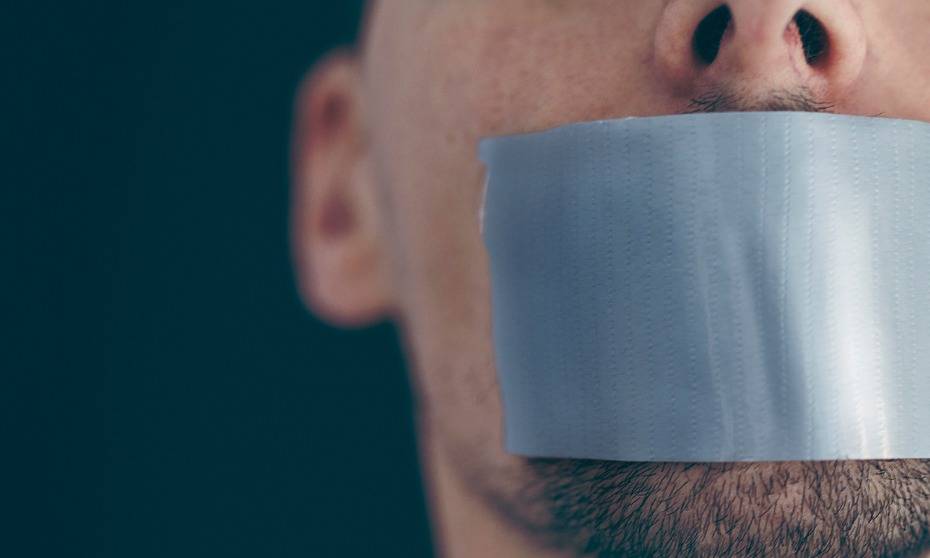
Globally, 80% of workers have experienced discrimination, but most don't escalate the matter to HR

Majority (80%) of employees around the world have observed or experienced discrimination, based on a new report.
However, only one in three feel empowered to escalate the matter to their HR department.
The study also identified Singapore as one of the countries with the highest level of workplace bullying. Brazil and Mexico were also singled out for having the same problem.
On the flipside, Italy, Netherlands and Spain were identified as countries with the lowest level of bullying.
According to Kantar Inclusion Index, almost one in five (19%) people say they have been bullied, undermined or harassed at work in the past year.
The figure rises to 23% for people of an ethnic minority background and 24% for gender-non-binary identifying individuals.
Additionally, research found that one in three employees in the media industry report having personally experienced workplace bullying.
The worrying figures may be the reason why a third of employees – 35% of women and 37% of men – feel consistently anxious at work. The rate increases to 40% amongst individuals who identify as gender-neutral.
Some progress on diversity and inclusion
Kantar’s inaugural report also highlighted countries that were exemplary in their efforts towards equality.
Out of 14 countries surveyed, Canada’s at the top of the inclusion index. This is due to:
USA follows closely behind Canada. USA’s strengths include equal representation in terms of gender at senior leadership, and 30% representation at senior leadership in terms of ethnicity.
Also, three in five (63%) Americans surveyed believe their companies are actively trying to be more inclusive and diverse. Another 67% believe their companies support all employees regardless of who they are.
Despite the progress, challenges remain: 20% of Canadians and 17% of Americans have experienced bullying in the past year.
D&I deep dive: gender and ethnic minorities
The report also went into several deep dives. In terms of gender diversity, research found that more than a quarter of women say they have been made to feel like they don’t belong in their workplace.
What’s worse, one in five women believe they are paid less than peers at a similar level.
For the LGBTQ population, one in four say they’ve been bullied at work in the past year. More than one in three believe they’ve lost out in career progression opportunities due to their sexual orientation.
This is reflected in how only 2% of board directors worldwide are held by LGBTQ individuals, despite making up an estimated 9% of the workforce.
It’s no surprise then that more than half of LGBTQ employees suffer from consistent high stress and anxiety, as well as mental health problems at work.
READ MORE: Is HR doing enough for LGBT employees?
As for ethnic minorities, 11% of employees believe they are treated very differently at work because of their background. One in 10 (13%) feel excluded, while another 28% of staffers are consistently anxious at work.
Almost one in five of ethnic minority employees believe their career progression was damaged at the current jobs due to their background.
“Our findings illustrate that a significant amount of work remains to be done to make workplaces more inclusive, diverse and equal, especially around the subject of bullying, which persists at high levels around the world,” the study wrote.
“If you are serious about inclusion and diversity in your business, you need to get serious about measuring it.
“Diversity is the fact, while inclusion is the act, and until now inclusion has been much harder to measure.”